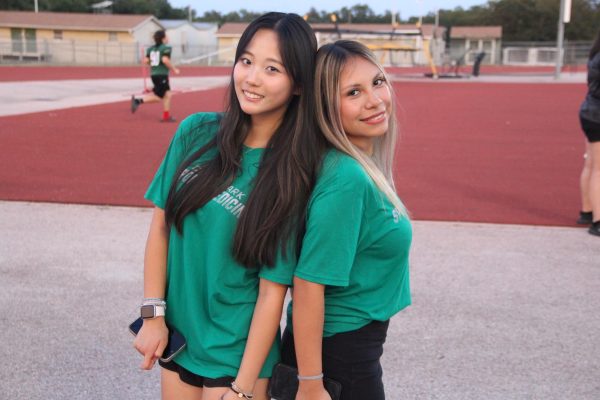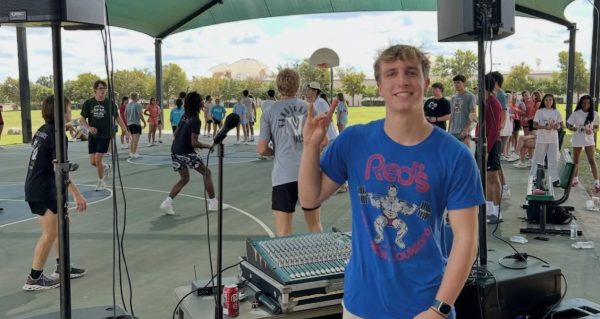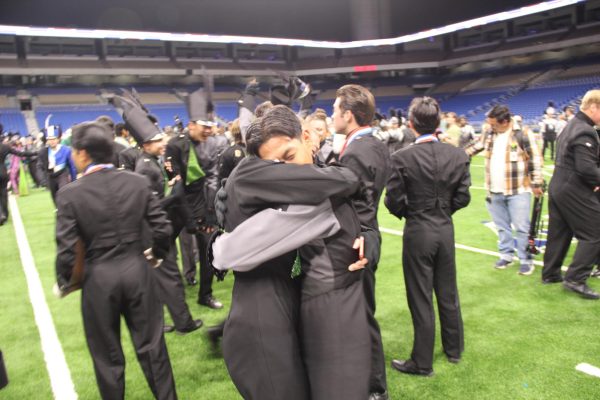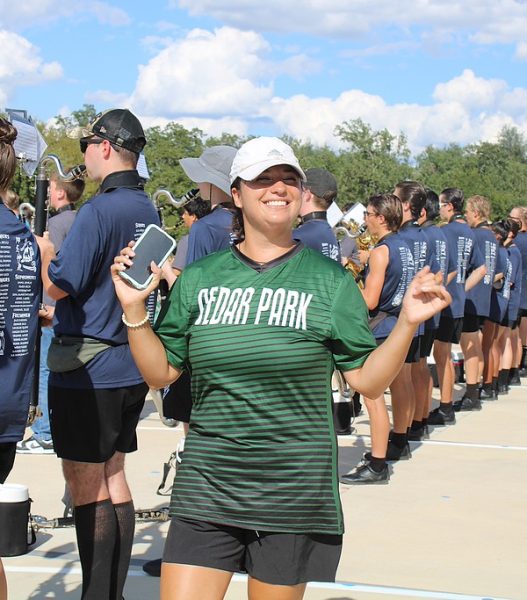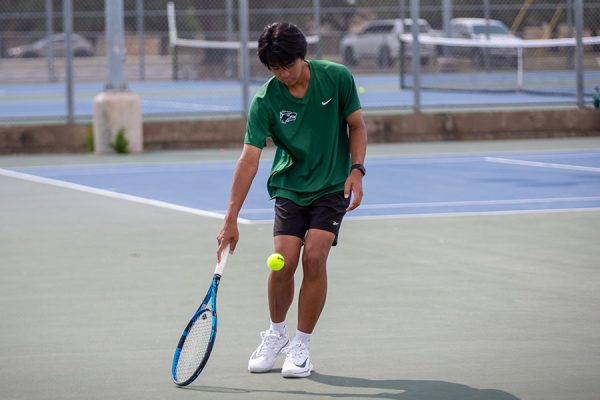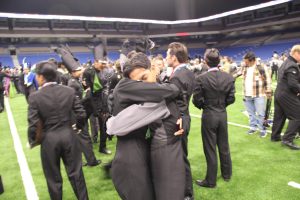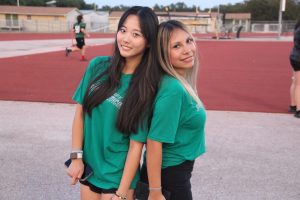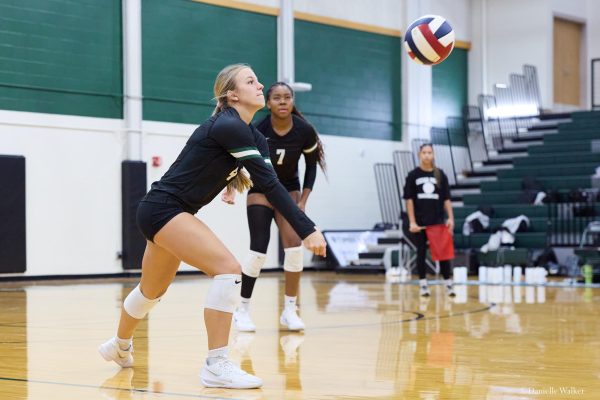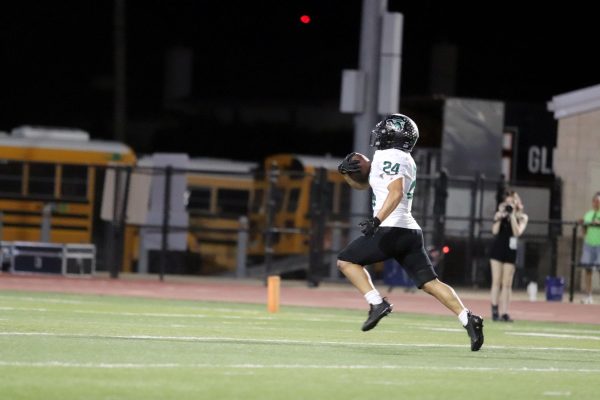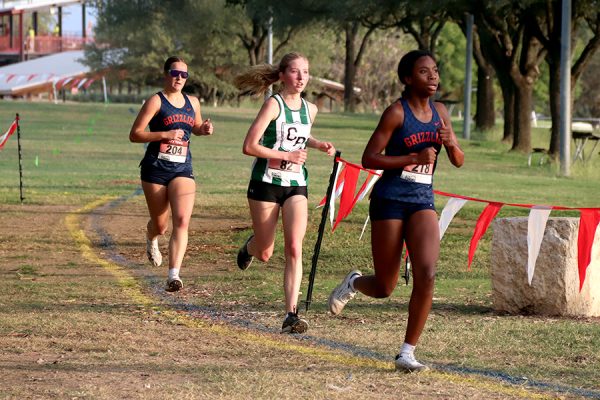A Match of Wits
All About UIL Academics
UIL Academics teams pose for a group photo four days after the Jan. 15 Burnet Invitational. Senior and captain of the UIL Journalism team Tristan Hernandez, who got first in editorial writing, third in headline writing and fourth in news and feature writing, said that the practice he’s acquired through invitationals and past UIL competitions has improved his writing almost as much as his time in journalism. “I decided to compete in UIL Journalism because I liked the format of the article prompts and wanted to improve further on my writing. While it’s possible in school, the timed format of UIL Journalism competitions makes you think quickly on your feet and really get your writing fundamentals down.”
January 27, 2022
In school, students are able to learn a wide range of subjects, from being transported to the past in social studies to coding in the modern age’s most popular programming languages in computer science. However, students may desire to reach the next level. Maybe they want to win awards, gain more experience or simply have fun competing in a subject they enjoy. For students like these, the state of Texas has an answer in the form of University Interscholastic League Academics, or UIL Academics.
According to the UIL website, half a million students participate in the 30 activities UIL Academics offers each year. Almost all of them are linked to at least one class the average high school student is required to take, either as part of their core curriculum or as an extracurricular. Math, science, social studies and English-related subjects are all available for students to compete in, as are subjects like news and feature writing for journalism students or cross-examination debate and Congress for debate students.
“There’s a lot of crossover between standard school material and the material tested in UIL Academics,” sophomore Alex Gilsbach said. “Anyone who studies well in school can have a shot in at least one of the subject’s competitions, but it also challenges you to think critically and distinguish yourself in the subject. And there are plenty of subjects that you can participate in.”
Some UIL subjects require you to think quick on your feet and puts your problem solving skills to the test. Within UIL Mathematics, competitors can take three tests – standard mathematics, calculator applications, and number sense – which quizzes their knowledge of high school math content with various twists. Of particular note is the number sense category, a mental math competition where the participant is not allowed to write any of their work on paper – all within a time limit of 10 minutes.
“Doing complex equations in your head is definitely difficult,” junior and President of the UIL Mathematics team Gautham Saravanan said. “If you consistently practice with material given to you in UIL Mathematics, though, your brain learns to adapt and solve problems quicker. Each topic will become more and more familiar to you to the extent where it can even help you outside of UIL Mathematics, such as when you’re taking an algebra or calculus test. I’ve noticed it helping me that way, and it’s partially why I encourage others to join.”
Other subjects require you to memorize vast quantities of information about a given topic. In UIL Social Studies, for example, competitors are given a list of readings and topics relating to the Olympics, from its creation to the athletes who have participated in them to how it has affected – or has been affected by – world history and politics.
“Initially, memorizing that much about the Olympics sounded like a chore,” Gilsbach said. “It wasn’t a subject I had ever researched or shown interest in. However, once I began to read up on the topic, I realized that there were so many interesting links between the Olympics and complex political or cultural issues. UIL Social Studies isn’t just a chance to win a couple of awards – there’s a lot to learn on your own time.”
There are three levels of UIL – district, region and state – alongside practice meets, or invitationals, which offer a taste of what the real event will look and feel like. Senior and Captain of the UIL Journalism team Tristan Hernandez, who advanced to State in both his freshman and junior year for editorial writing, also won first in editorial writing, third in headline writing and fourth in news and feature writing at the Jan. 15 UIL Academics Invitational meet, which occurred at Burnet High School.
“I decided to compete in UIL Journalism because I liked the format of the article prompts and wanted to improve further on my writing,” Hernandez said. “While it’s possible in school, the timed format of UIL Journalism practice competitions makes you think quickly on your feet and really get your writing fundamentals down. Now, as captain, I hope to lead the team into further success using what I learned.”
However, aside from the benefits outside of UIL, it is also an opportunity for competitive students to win awards in subjects that interest them. Junior Austin Jia plans to have a career in computer science, a dream which influenced his decision to join the UIL Computer Science team in his sophomore year. He and his team advanced to State, where they were required to answer questions about the Java programming language and complete various coding problems.
“I’m passionate about computer science and the process of logically thinking through a problem until you reach the best solution,” Jia said. “Computer science is a very self-driven skill, and you won’t learn everything you need if you stick to class material. I like competition and applying my knowledge, and my parents have always driven me to do my very best in any subject that I compete in. UIL Computer Science provides that opportunity for me, as UIL Academics does for all of its subjects.”
Interested students can contact UIL Academic Coordinator Josh Marsh or the heads of individual UIL teams for information about the competition.

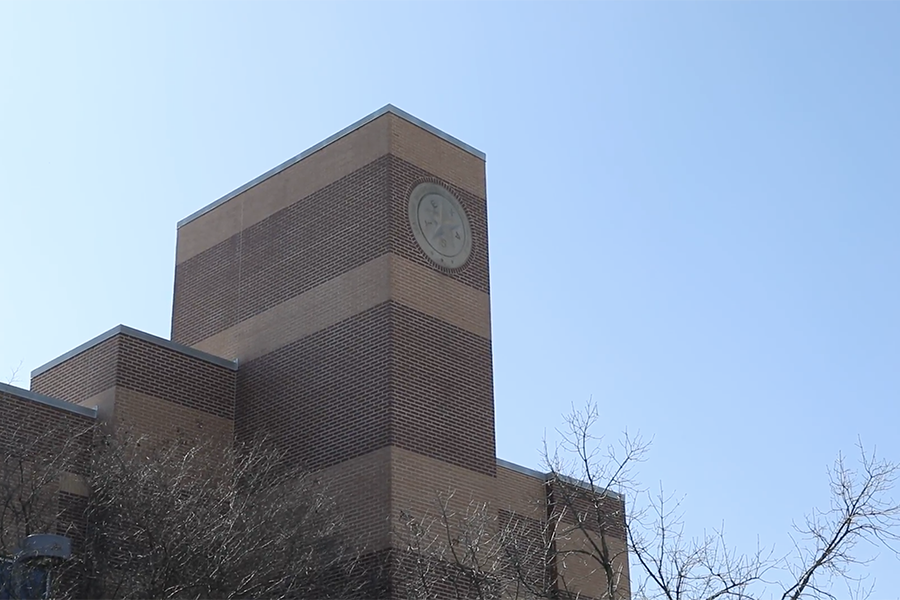


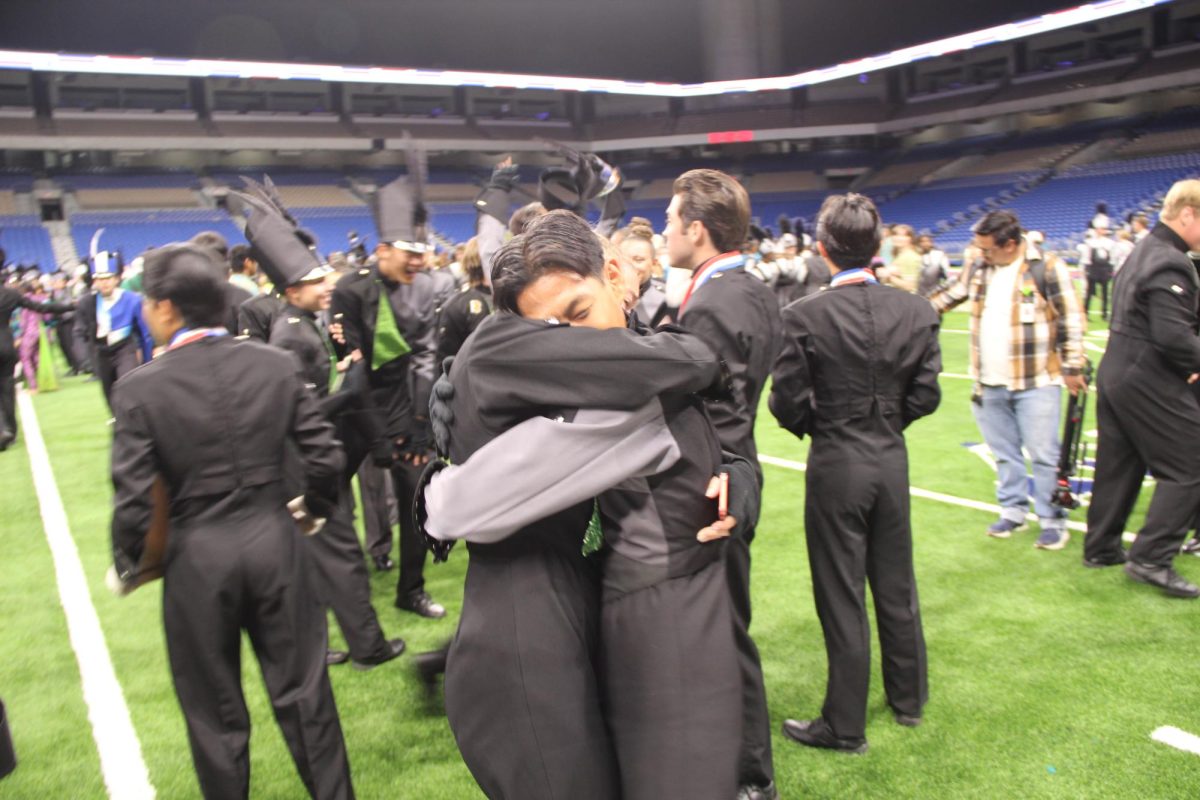
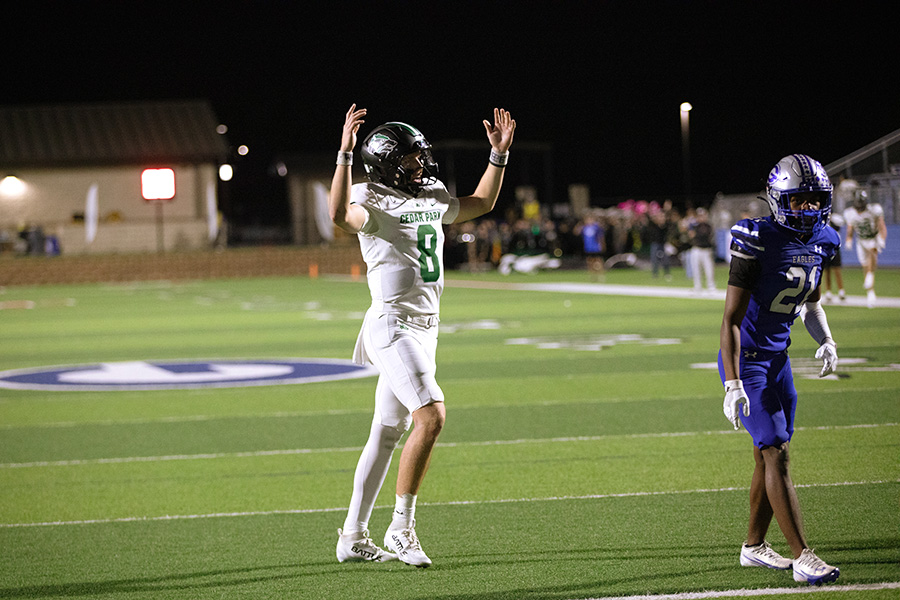
![Senior Jett Mckinney stores all the clothes in his own room, with half of it stored in his closet along with his personal clothes, and the rest taking up space in his room.
“There’s been times [when] there’s so much clothing stored here and it gets overwhelming, so I end up having to sleep somewhere else in the house,” Mckinney said.](https://cphswolfpack.com/wp-content/uploads/2025/11/DSC_0951-1200x800.jpg)



![Broadcast, yearbook and newspaper combined for 66 Interscholastic League Press Conference awards this year. Yearbook won 43, newspaper won 14 and broadcast took home nine. “I think [the ILPC awards] are a great way to give the kids some acknowledgement for all of their hard work,” newspaper and yearbook adviser Paige Hert said. “They typically spend the year covering everyone else’s big moments, so it’s really cool for them to be celebrated so many times and in so many different ways.”](https://cphswolfpack.com/wp-content/uploads/2025/05/edited-ILPC.jpg)

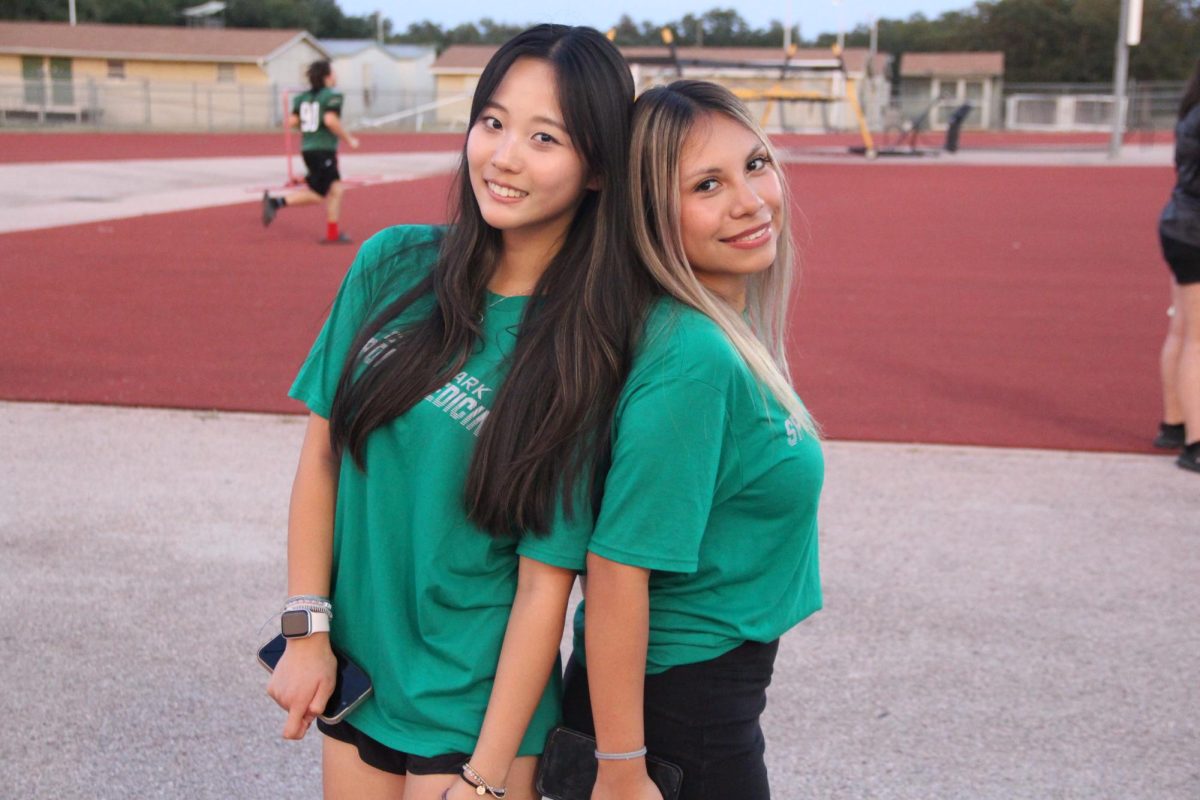


![Looking down at his racket, junior Hasun Nguyen hits the green tennis ball. Hasun has played tennis since he was 9 years old, and he is on the varsity team. "I feel like it’s not really appreciated in America as much, but [tennis] is a really competitive and mentally challenging sport,” Nguyen said. “I’m really level-headed and can keep my cool during a match, and that helps me play a bit better under pressure.” Photo by Kyra Cox](https://cphswolfpack.com/wp-content/uploads/2025/09/hasun.jpg)

![Bringing her arm over her head and taking a quick breath, junior Lauren Lucas swims the final laps of the 500 freestyle at the regionals swimming competition on date. Lucas broke the school’s 18-year-old record for the 500 freestyle at regionals and again at state with a time of 4:58.63. “I’d had my eye on that 500 record since my freshman year, so I was really excited to see if I could get it at regionals or districts,” Lucas said. “ State is always a really fun experience and medaling for the first time was really great. It was a very very tight race, [so] I was a bit surprised [that I medaled]. [There were] a lot of fast girls at the meet in general, [and] it was like a dogfight back and forth, back and forth.” Photo by Kaydence Wilkinson](https://cphswolfpack.com/wp-content/uploads/2025/03/Kaydence-2.7-23-edit-2.jpg)
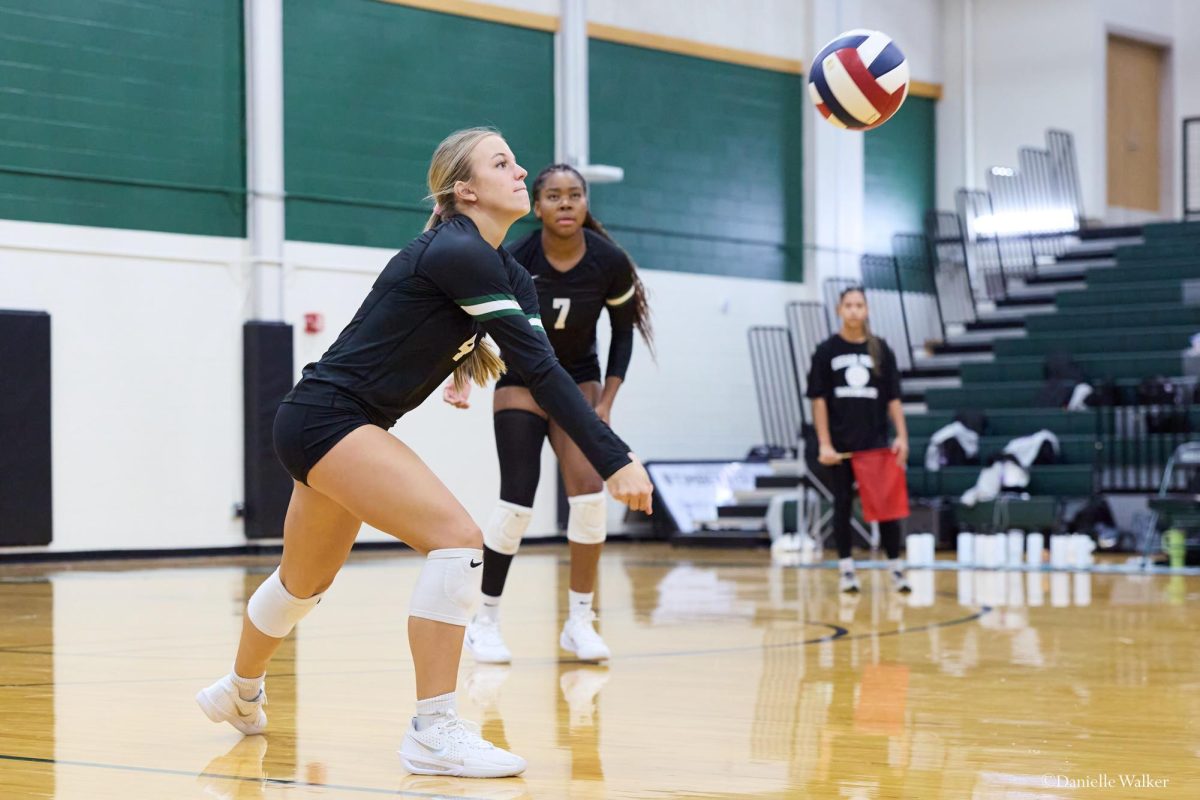

![As her hair blows in the wind, senior Brianna Grandow runs the varsity girls 5K at the cross country district meet last Thursday. Grandow finished fourth in the event and led the varsity girls to regionals with a third place placement as a team. “I’m very excited [to go to regionals],” Grandow said. “I’m excited to race in Corpus Christi, and we get to go to the beach, so that’s really awesome.” Photo by Addison Bruce](https://cphswolfpack.com/wp-content/uploads/2025/10/brianna.jpg)

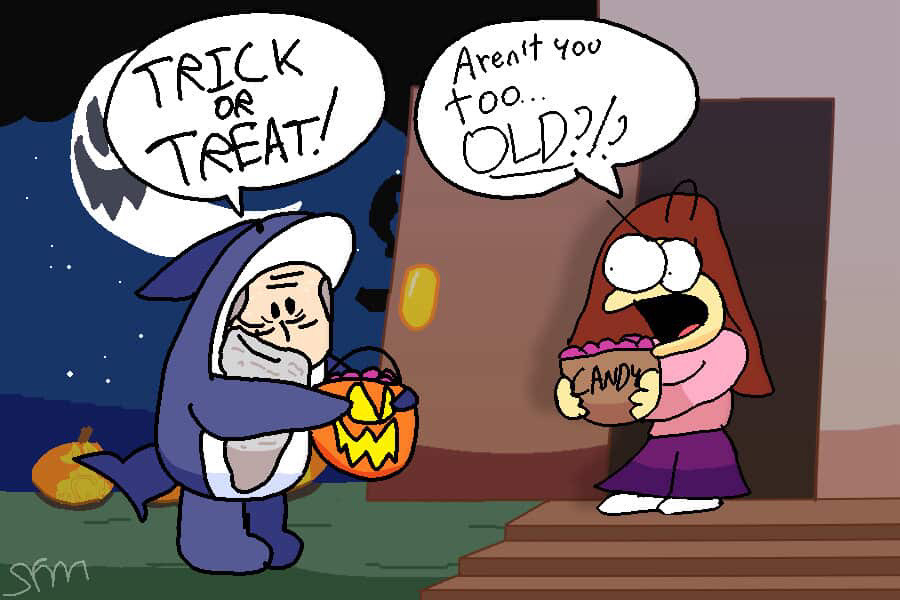













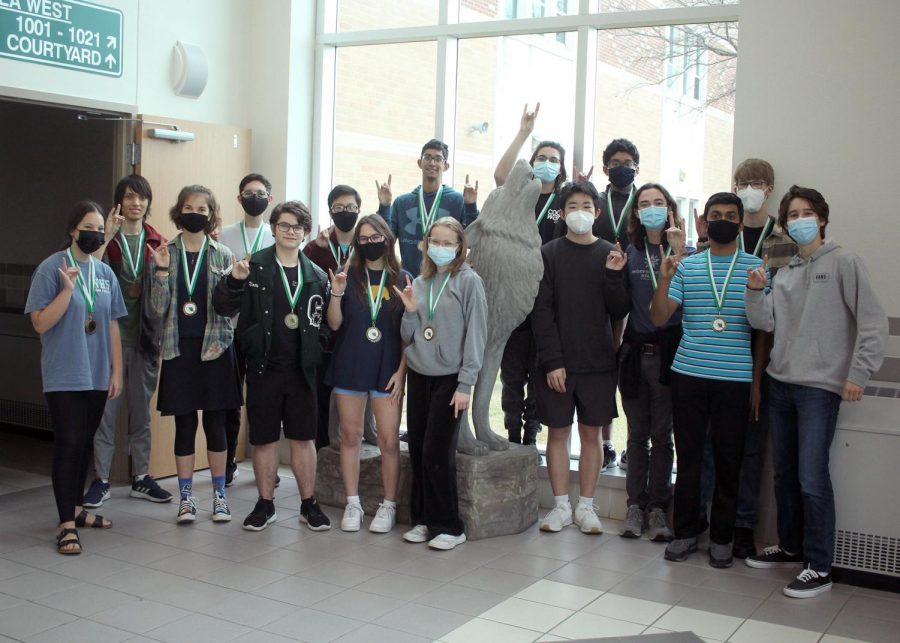
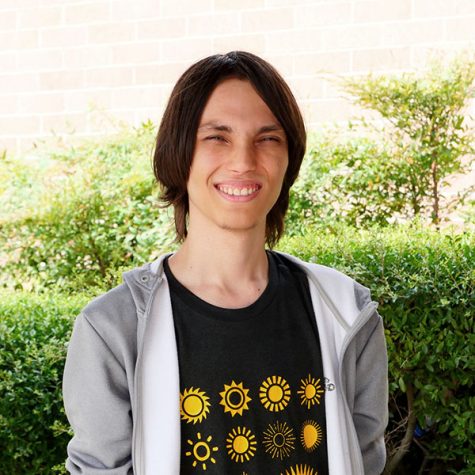
![Holding a microphone, baseball booster club president Chris Cuevas announces the beginning of the annual cornhole tournament. The event has been held for the past two years and is designed to raise money for the baseball program in a fun way. “We’re a baseball team, so people love to compete,” Cuevas said. “So we figured we better do something that gets [their] attention. They want to compete. It’s not a hard sport to do, and we have all different [skill] levels [of participants].” Photo by Henry Mueller](https://cphswolfpack.com/wp-content/uploads/2025/11/Henry-715-1200x900.jpg)

